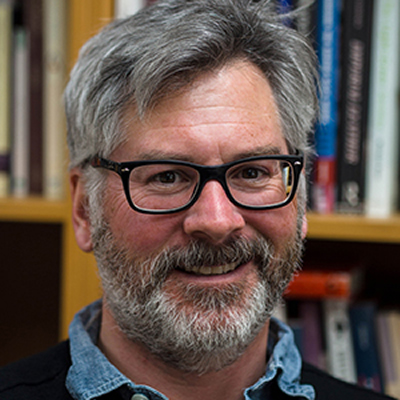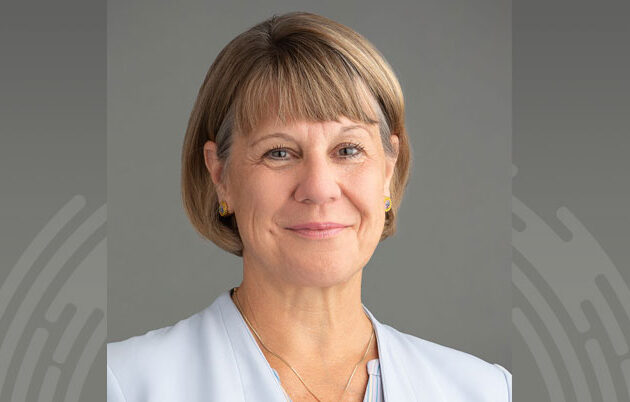Keller has also authored essays and articles about data on death and recovery related to the COVID-19 pandemic and natural disasters for media outlets such as The Washington Post and Scientific American. His current research focuses on a global history of the environment and how social and economic factors have impacted the prevalence and spread of diseases like HIV and Lyme disease.
As a leader and educator, Keller has developed multiple courses on the history and sociology of global health and medicine for undergraduates, graduate students and health professions students. The integration of these concepts into education across multiple degree curricula helps students studying in the health professions or basic sciences draw on knowledge of history and the human experience to provide better and more informed care and research, according to Keller.
“I hope to advance this department’s commitment to the health social sciences, promote the work of my colleagues and students and further illustrate how the fields of medical history and bioethics have the capacity to facilitate groundbreaking medical research and education,” he said. “We know that a sound understanding of the social dimensions of medicine and health helps develop empathetic and effective practitioners, as well as more equitable patient care.”
Keller brings important expertise to this role, including his experience collaborating with physicians and scientists, said Robert N. Golden, MD, dean of the UW School of Medicine and Public Health.
“I am excited about the future of this incredible department under Dr. Keller’s leadership,” he said. “His dedication to medical history and bioethics will guide the advancement of both the science and the art of caring for people and populations.”
Keller earned bachelor’s and master’s degrees in history at the University of Colorado at Boulder and his doctorate degree from Rutgers University. After completing an Andrew W. Mellon Postdoctoral Fellowship at Washington University in St. Louis, he joined UW–Madison in 2002. He has been recognized with selection for the Big Ten Academic Alliance Academic Leadership Program, a UW–Madison H.I. Romnes Faculty Fellowship and the William Koren, Jr. Prize from the Society for French Historical Studies. Keller’s appointment as chair began in mid-July.
The Department of Medical History and Bioethics is the school’s only department devoted to the humanities and social sciences. Its 13 faculty members engage in research, teaching and service in the history of medicine and public health, clinical and research ethics and public health ethics. The department was founded in 1950 and was the second department of its kind in the country. A separate program in the school focused on medical ethics was founded in 1973 and is the oldest program within a medical school. The department changed its name to incorporate both fields of study in 2002.


